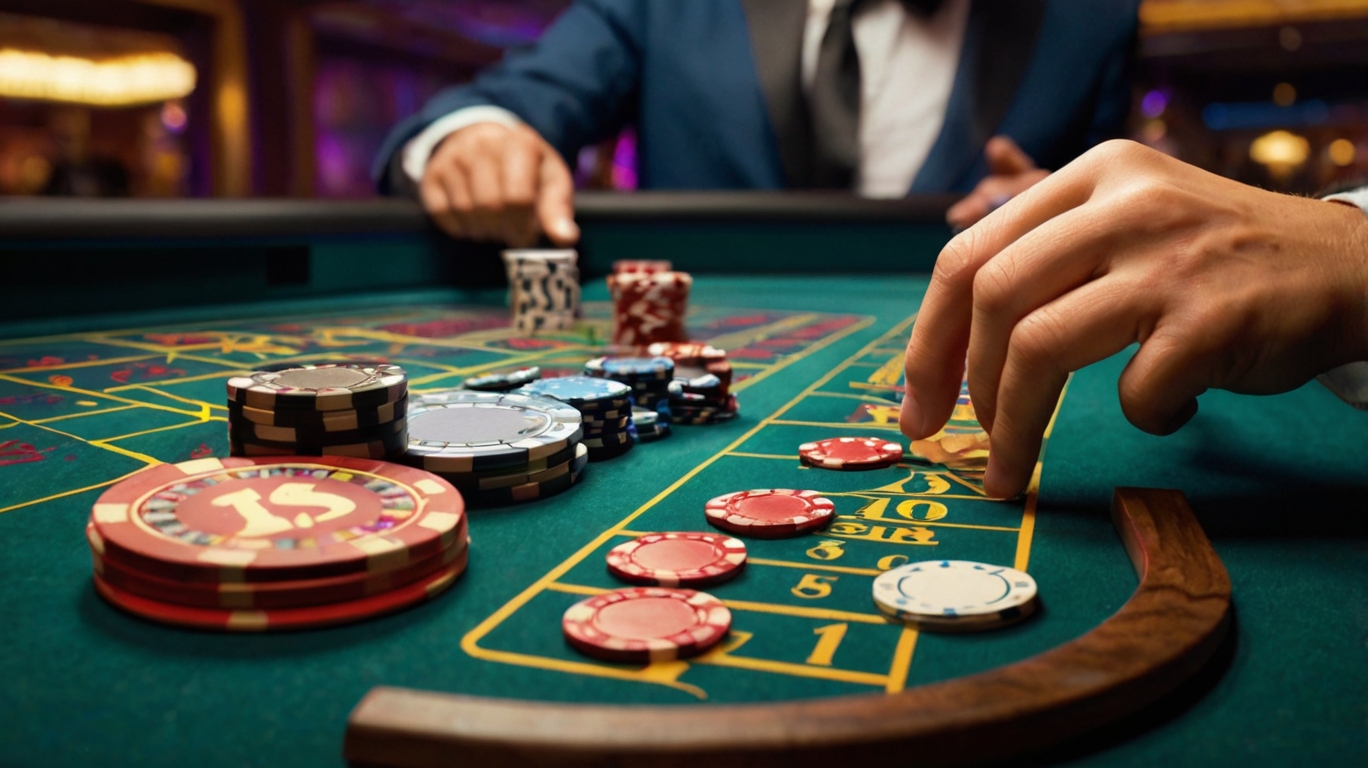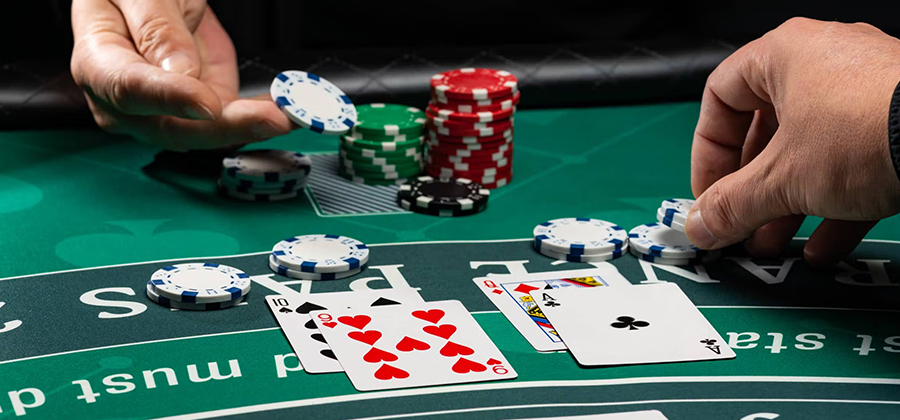
The thrill of classic casino games is driven by probability, the mathematical backbone that determines outcomes and house edge.
Casino games may seem like pure luck, but behind every spin, shuffle, or roll of the dice lies a world of mathematics. Probability theory governs the outcomes, shaping everything from the house edge to the odds of hitting a jackpot.
Unlike many casino games, blackjack allows players to influence their odds through strategy. By using probability-based decisions, players can lower the house edge from 5% to as low as 0.5%.
 Photo By Google Images
Photo By Google ImagesRoulette offers different odds depending on whether you play European (single-zero) or American (double-zero) versions. The additional zero in American roulette increases the house edge from 2.7% to 5.26%.
Common betting strategies like the Martingale system attempt to use probability to overcome losses, but in reality, no strategy can beat the built-in house advantage.
Though slot machines operate on RNG technology, their payout structures are based on fixed probabilities. A game’s RTP (Return to Player) percentage indicates how much it will pay back to players over time.
Understanding volatility levels can help players choose games that fit their risk tolerance:
While casino games are designed to favor the house, probability gives players insight into how the games work. Whether it’s blackjack strategy, roulette odds, or slot machine mechanics, understanding the math behind the fun can make gambling a more engaging and informed experience.